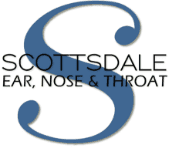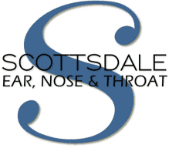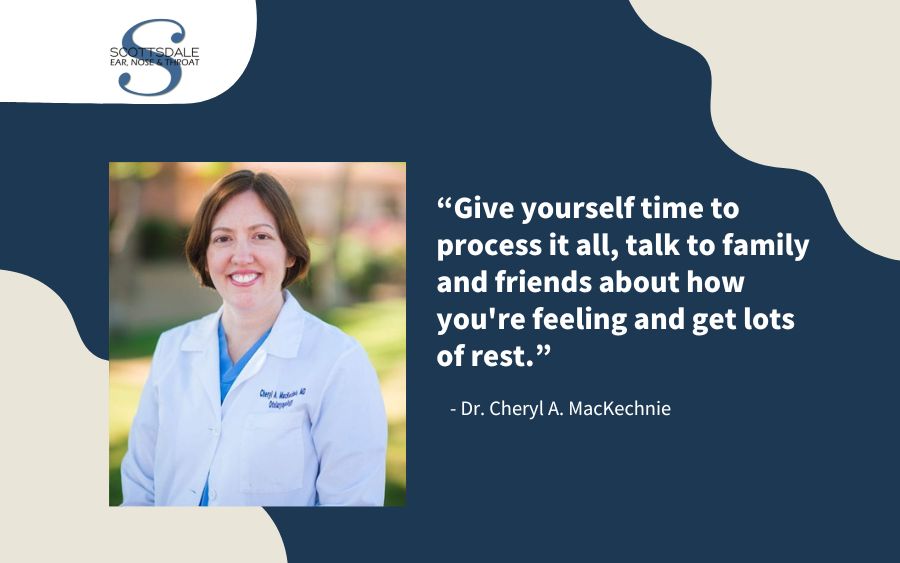If you’ve recently been told that you require neck dissection surgery to remove lymph nodes from your neck, then you probably have lots of questions about what to expect after surgery. It is important that you talk to your primary care doctor about any concerns or worries you have. You may find yourself too overwhelmed to ask all of your questions or remember many of the answers.
That’s why here at Scottsdale Ear, Nose & Throat we’ve put together this blog to answer some of those pressing questions, so you can take it all in, in your own time.
What Should I Expect When I First Wake Up After Surgery?
You’ll feel groggy as the anesthesia wears off and you will have a number of small tubes coming out of your neck. This is to drain away any blood that may have collected and they will usually stay there for a few days after your operation.
Some discomfort is to be expected but you will be given meds to help make you comfortable and put you at ease. You will also be given antibiotics to ensure that the wound is kept free from infection.
If you’ve been fitted with a Tracheotomy, you won’t be able to speak when you first wake up. We will provide you with some tools to help you communicate with your caregivers and family and this is only in for a couple of days after your operation while the swelling eases off.
How Long Will I Be In Hospital For?
If you only have a neck dissection, you may be able to go home after just 3 days. If you’ve had any additional surgery, a stay of 1-2 weeks is more common. If you have any complications you may be in for more than 2 weeks.
How Will I Feel?
Your neck will be swollen and so feel stiff. Swelling usually takes 4-5 days to ease off. Other effects include numbness of your neck and ears and weakness of your lower lip or shoulder. To help you get some rest while dealing with these effects, make sure you place 2 or 3 pillows under your head, neck, and shoulders to support them while you sleep. These effects can take up to 6-12 months to disappear but for some, there may always be some residual weakness or numbness.
Emotionally, you may feel drained having been through quite a major surgery. Give yourself time to process it all, talk to friends and family about how you’re feeling and get lots of rest.
Are There Any Post-Surgery Problems I Need To Look Out For?
As with any surgery, there are risks involved. With neck dissection, the main risks come from damage to the nerves in that area. Sometimes the problems are due to the nerves getting bruised, which usually means they are temporary. If however the nerve has been cut, which may have been required to remove the necessary tissue, then the resulting problems could be permanent.
Signs of nerve damage to look out for include difficulty moving your shoulders, for example when you try to get dressed and trouble moving your lower lip, for example when you smile. Speak to your doctor or physiotherapist if you notice these signs.
Will I Have To Change My Diet?
Yes, at least for the time being. You may experience difficulty swallowing after surgery so start eating soft foods, such as yogurt, mashed potatoes or scrambled eggs. If your throat is sore, avoid spicy or acidic foods and drinks, such as curry and orange juice. If you find yourself coughing after you drink, try drinking thicker fluids, such as smoothies.
As a result of not having such a varied diet, your bowel movements may no longer be regular. You can take fiber supplements or if the problem persists, you can talk to your doctor about taking a mild laxative. As you recover, you’ll be able to eat more solid and varied foods and your bowel movements will improve.
How Can I Help My Recovery At Home?
There is a lot you can do to get yourself back to feeling normal again. Exercise is a good place to start but make sure you ease yourself into it. Start with walking a little bit each day, gradually increasing the distance you cover.
Focusing on your shoulders, from a seated position roll your shoulders forward and then backward, repeat this 10 times. You can also try lifting your arm up forwards with your thumb leading the way, repeat this 5 times. Next lift your arm up sideways and again, repeat this 5 times.
Focusing on your neck, from a seated position tilt your head to one side until you feel a stretch on the opposite side, repeat this 5 times. You can also try turning your head to one side until you feel a stretch on the opposite side, again repeat this 5 times.
With any exercises you do, make sure you check with your doctor or physiotherapist before you begin. This will ensure that you are ready to do them without risking your recovery.
If you are ever worried about any aspect of your recovery, ask for help. At Scottsdale Ear, Nose & Throat our healthcare team is here to support each and every one of our patients so they can get back to enjoying all that matters to them.




